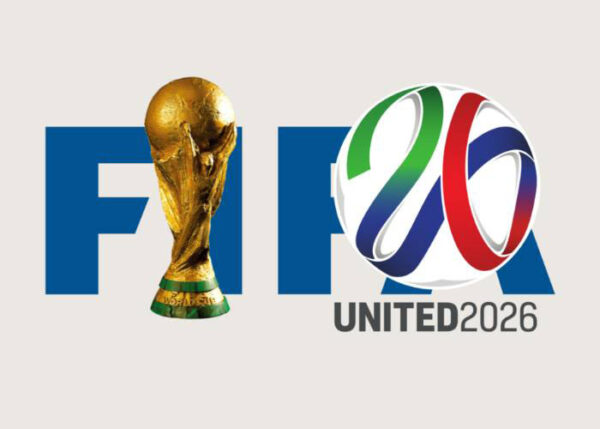
In a bold move that could redefine the global football landscape, FIFA is considering expanding the 2030 World Cup to include 64 teams. This potential expansion is part of FIFA's effort to increase the tournament's global appeal and promote inclusivity, reflecting the sport's growing popularity worldwide. The idea behind this expansion is to provide more nations the opportunity to compete on the world stage, thereby enhancing global participation and viewership.
The current format of the World Cup, which will soon feature 48 teams starting from the 2026 tournament, has already led to significant changes in how the competition is perceived and organized. However, expanding to 64 teams could take the tournament to an unprecedented scale. This proposed change would not only increase the number of matches but also the level of excitement, as more countries would have the chance to showcase their footballing talents on the grandest stage.

The Implications of Expansion
One of the primary goals of expanding the World Cup is to enhance its inclusivity. By allowing more teams to participate, FIFA hopes to give emerging footballing nations a platform to compete at the highest level. This could lead to a more diverse tournament, with different playing styles and strategies on display, enriching the overall spectacle for fans worldwide.
Moreover, a 64-team tournament would mean more games, which translates to increased opportunities for commercial revenue. Broadcasting rights, sponsorship deals, and merchandising could all see substantial growth, as more matches would attract a broader audience. This financial boost could be crucial for FIFA and the host nations, providing additional resources to invest in football development and infrastructure.
The Challenges Ahead
The proposal to expand the World Cup is not without its challenges. Logistically, hosting a 64-team tournament would require significant planning and resources. Countries vying to host the event would need to ensure they have the necessary infrastructure to accommodate the influx of teams, officials, and fans. This includes adequate stadiums, transportation networks, and accommodation facilities.
Furthermore, some critics argue that an expanded tournament could dilute the quality of competition. With more teams participating, there is a possibility of a disparity in skill levels, leading to one-sided matches. Maintaining the World Cup's competitive balance and prestige would be crucial for FIFA to address as they weigh the pros and cons of this expansion.

Strategic Considerations
FIFA's contemplation to expand the World Cup aligns with its broader strategy to elevate football's global profile. The organization's President, Gianni Infantino, has been a strong advocate for expanding the tournament, emphasizing the importance of giving more countries the chance to compete. According to The Guardian, this move could also help foster football's growth in regions where the sport is still developing.
By broadening the tournament's reach, FIFA aims to tap into new markets and fanbases, potentially transforming football into a truly global sport. This strategy could further cement the World Cup's status as the pinnacle of international football, drawing in millions of new fans and followers.
The Host Nation's Perspective
For potential host nations, organizing a 64-team World Cup presents both opportunities and challenges. On one hand, the economic benefits could be significant, with increased tourism and global exposure. Hosting the tournament could also act as a catalyst for infrastructure development, leaving a lasting legacy for the host country.
On the other hand, the financial and logistical demands of hosting such a large-scale event could be daunting. Countries would need to carefully assess their capabilities and resources before committing to host. Collaboration with neighboring nations could be a viable solution, as seen with the joint bids for previous tournaments, allowing multiple countries to share the responsibilities and benefits.
Conclusion
As FIFA deliberates on the potential expansion of the 2030 World Cup, the footballing world watches with bated breath. The decision to increase the number of participating teams to 64 could mark a new era for international football, bringing with it a host of opportunities and challenges. Whether this move will ultimately enhance the tournament's appeal and inclusivity remains to be seen, but it is clear that FIFA's ambitions to grow the game are as bold as ever.
In the coming months, as discussions and negotiations unfold, the football community will undoubtedly engage in fervent debates about the merits and potential pitfalls of this proposed expansion. One thing is certain: the outcome of these deliberations will shape the future of the World Cup and, by extension, the global football landscape for years to come.
